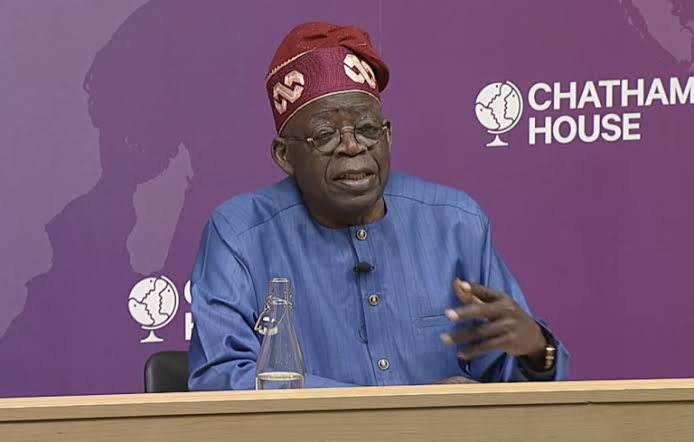President Tinubu signs student loan bill into law
President Bola Tinubu on Monday signed into law a bill to establish an education bank towards providing interest-free loans to Nigerians seeking higher education.
One of Mr Tinubu’s aides, Dele Alake, on Monday, told state house correspondents that Mr Tinubu assented to the bill.
Sponsored by the outgoing Speaker of the House of Representatives, Femi Gbajabiamila, the bill was introduced in 2016 as part of measures towards addressing the funding gaps in the country’s tertiary education subsector.
Mr Gbajabiamila has now been appointed the Chief of Staff to Mr Tinubu, and he is billed to assume office on Wednesday, a day after his tenure as the speaker of Nigeria’s green chamber.
The bill is titled; “An Act to Provide Easy Access to Higher Education For Nigerians Through Interest-Free Loans From Nigeria Education Bank Established in this Act with a View To Provide Education for All Nigerians and for Related Matters.”
Mr Tinubu, in his manifesto as the presidential candidate of the All Progressives Congress, promised to pursue the establishment of the education bank towards enhancing access to quality education at the tertiary level.
“We will institute a pilot student loan regime…this will expand access to education to all Nigerians regardless of their backgrounds,” he wrote in his manifesto, Renewed Hope. “At the same time, this will give institutions the ability to charge more cost-reflective tuition fees. Because of the current employment rates and other conditions, the loan program will have a maximum limit any student may borrow and must have flexible repayment provisions.”
In Nigeria, basic education, that is, the first nine years of education from primary to junior secondary, is free and compulsory in public schools.
However, apart from the fact that public schools are insufficient, the schools have also introduced various methods to demand fees from parents by providing basic needs such as desks, chalks, and even infrastructure.
Also, public tertiary institutions have always claimed that tuition is free but sundry payments are introduced to augment allocations from the Nigerian government.However, since education is on the concurrent list in the country’s constitution, many of the 36 states of the federation have introduced tuition in their tertiary schools, which many students have described as unaffordable























